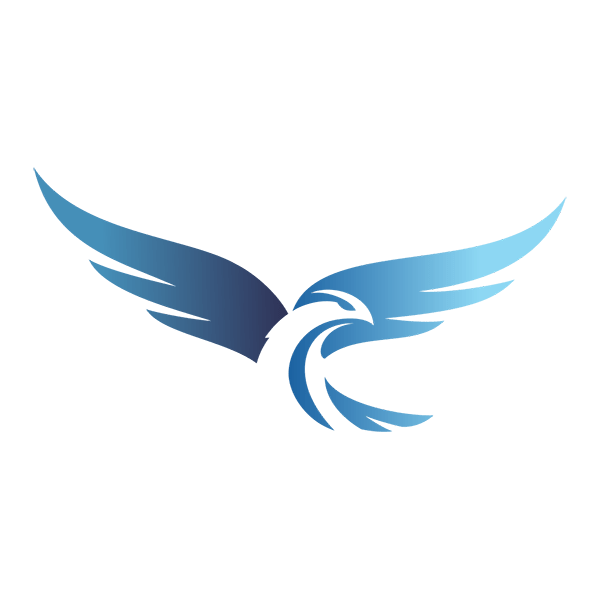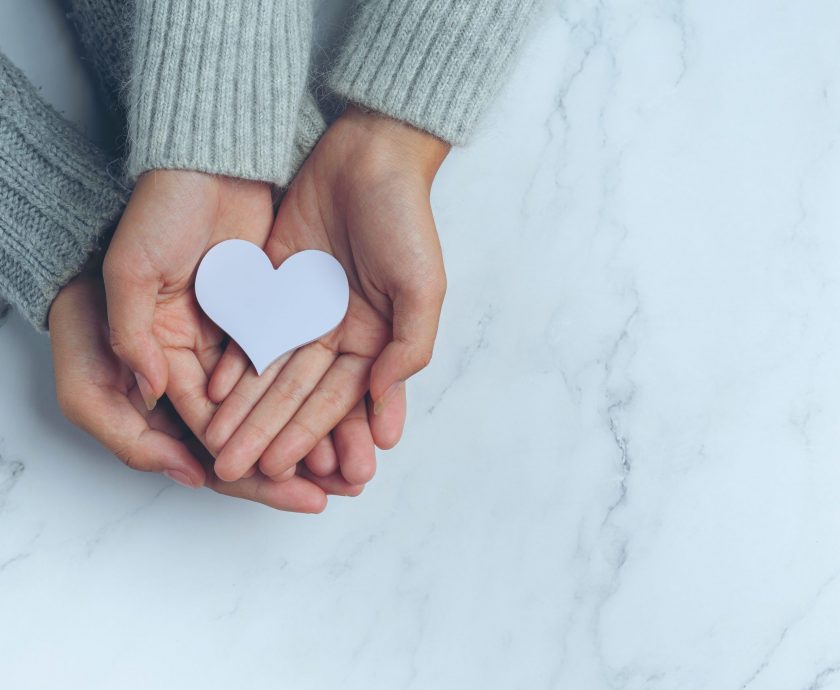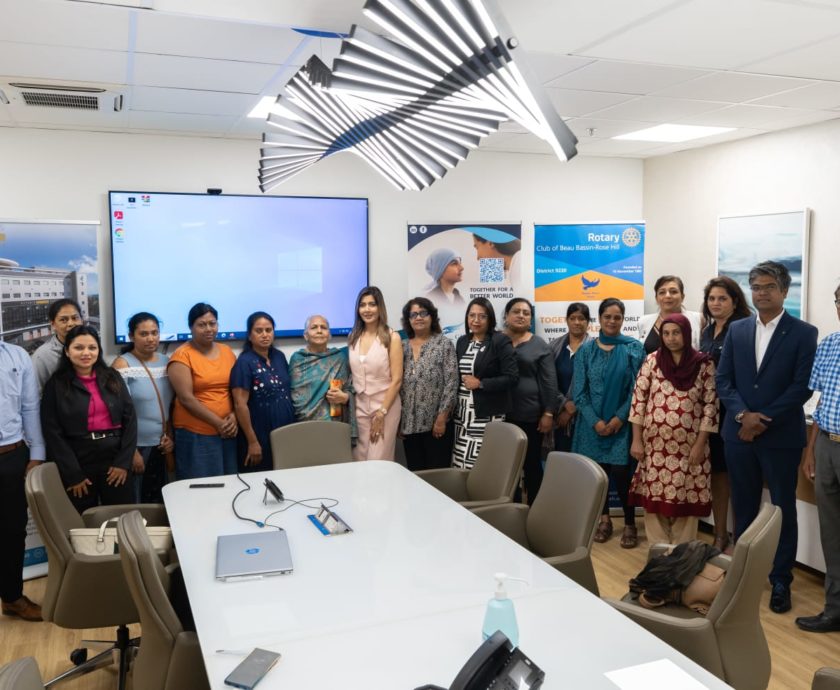Every year, around 400,000 children and adolescents (ages 0–19) are diagnosed with cancer worldwide. While cancer is often thought of as a disease of adulthood, childhood cancer is a global health challenge that claims far too many young lives, especially in low and middle-income countries (LMICs). September, marked as Childhood Cancer Awareness Month, is symbolized by the gold ribbon, a reminder of the preciousness of every child’s life.
What is Childhood Cancer?
Childhood cancer is not a single disease but a collection of different cancers that occur in children and adolescents. The most common types include:
-
Leukemia (blood cancers)
-
Brain and spinal cord tumors
-
Lymphomas
-
Neuroblastoma and Wilms tumor (affecting organs like the kidney and nervous system)
Unlike adult cancers, childhood cancers are usually not linked to lifestyle factors like smoking or diet, making prevention nearly impossible. Instead, the focus must be on early detection and equitable access to treatment.
Global Childhood Cancer Statistics
-
Around 400,000 children are diagnosed with cancer each year (WHO).
-
In high-income countries, over 80% of children survive thanks to advanced diagnostics and access to treatment.
-
In many LMICs, survival drops to less than 30%, largely due to late diagnosis, lack of medicines, and limited access to care.
-
With proper access to services, up to 80% of childhood cancers can be cured, yet inequities remain a major barrier.
Challenges Facing Children with Cancer
-
Late Diagnosis
Many children are diagnosed at advanced stages, reducing survival chances. -
Limited Access to Medicines
Only 29% of low-income countries report consistent availability of essential cancer medicines, compared to 96% in high-income countries. -
Financial Strain on Families
Even when treatment is available, the cost often devastates families, especially in LMICs. -
Long-Term Complications
Survivors face risks of chronic health issues, secondary cancers, and psychological challenges.
The Role of Awareness and Support
Awareness is the first step toward change. By spreading knowledge, advocating for equity, and supporting organizations working in this field, we can help ensure that no child is denied treatment simply because of where they live.
What Can Be Done?
-
Promote Early Detection: Training healthcare workers to recognize warning signs.
-
Ensure Access to Medicines: Supporting initiatives like the WHO Global Platform for Access to Childhood Cancer Medicines.
-
Support Families: Offering financial, emotional, and psychological assistance.
-
Advocate and Donate: Funding research, treatment centers, and awareness campaigns.
Childhood cancer is curable. The science exists, the medicines exist — but access remains unequal. This Childhood Cancer Awareness Month, let’s work together to close the survival gap.
Every child deserves the chance to grow, dream, and live. Learn more and support the cause: falconcancerinstitute.com/donations/donate-now





